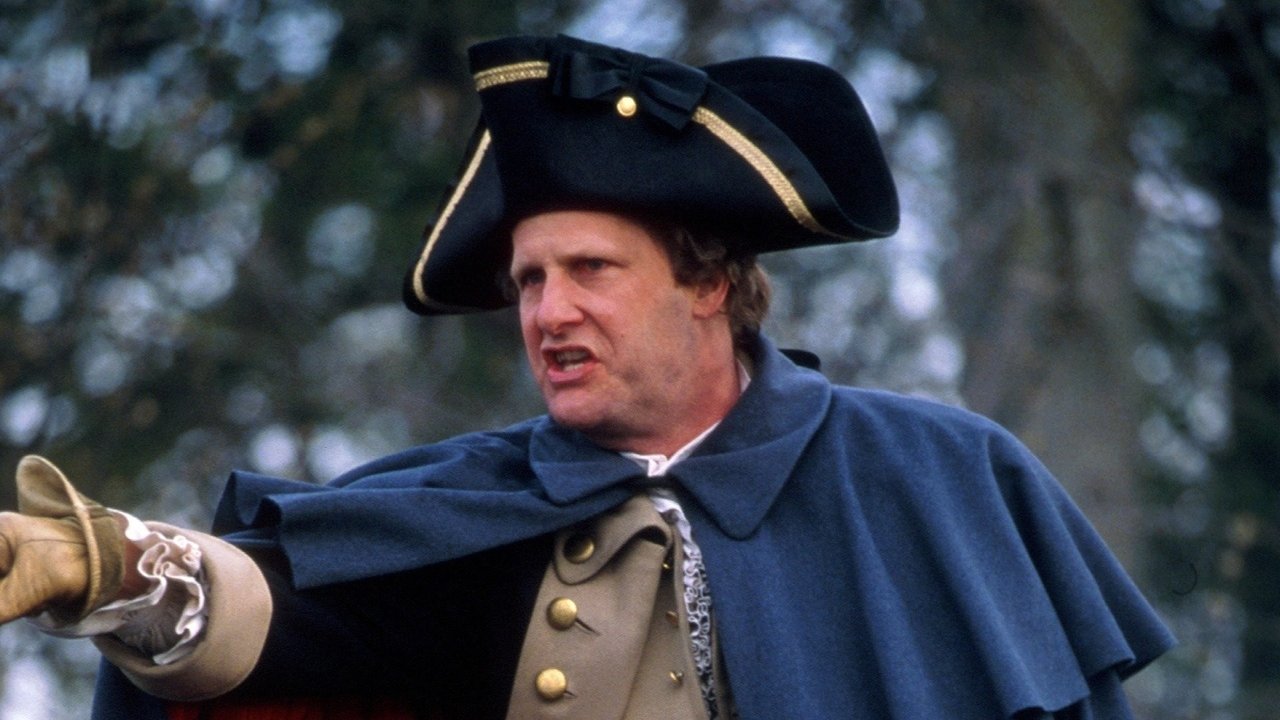
The Crossing (2000)
A made-for-TV dramatization of George Washington's perilous gamble of crossing the Delaware River and attacking the British forces at Trenton.

A made-for-TV dramatization of George Washington's perilous gamble of crossing the Delaware River and attacking the British forces at Trenton.
 Jeff DanielsGen. George Washington
Jeff DanielsGen. George Washington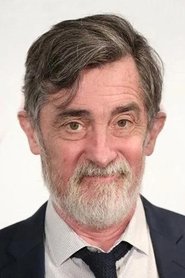 Roger ReesGen. Hugh Mercer
Roger ReesGen. Hugh Mercer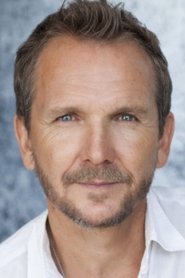 Sebastian RochéCol. John Glover
Sebastian RochéCol. John Glover Steven McCarthyAlexander Hamilton
Steven McCarthyAlexander Hamilton John Henry CanavanGen. Henry Knox
John Henry CanavanGen. Henry Knox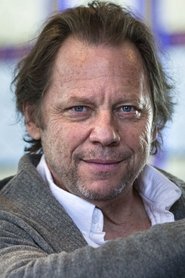 David FerryGreene
David FerryGreene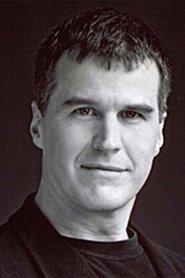 Karl PrunerSullivan
Karl PrunerSullivan Nigel BennettGates
Nigel BennettGates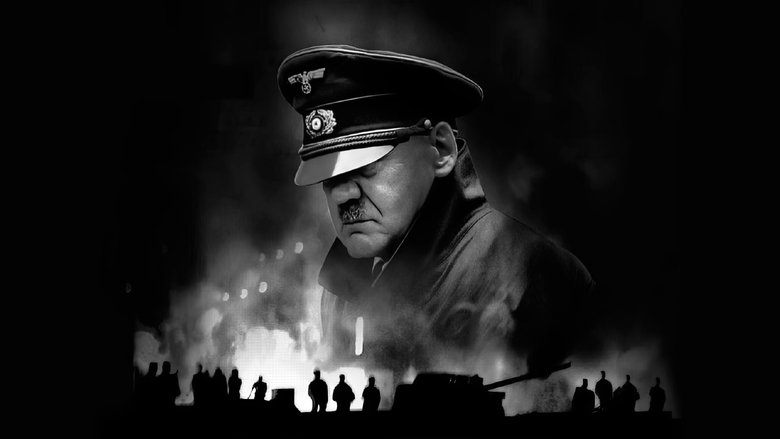
In April of 1945, Germany stands at the brink of defeat with the Russian Army closing in from the east and the Allied Expeditionary Force attacking from the west. In Berlin, capital of the Third Reich, Adolf Hitler proclaims that Germany will still achieve victory and orders his generals and advisers to fight to the last man. When the end finally does come, and Hitler lies dead by his own hand, what is left of his military must find a way to end the killing that is the Battle of Berlin, and lay down their arms in surrender.
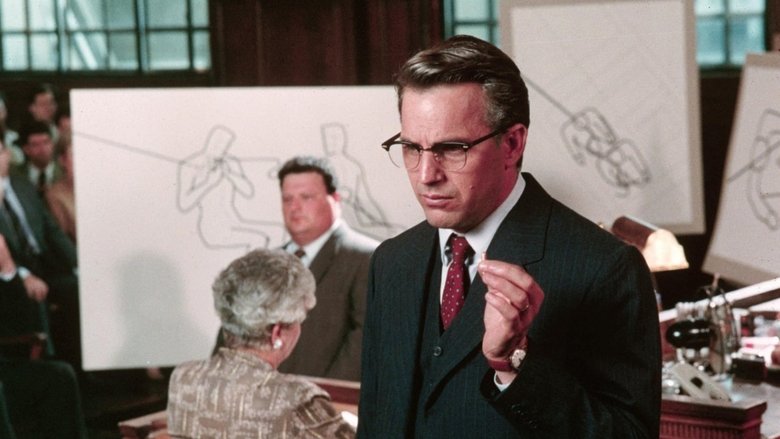
Follows the investigation into the assassination of President John F. Kennedy led by New Orleans district attorney Jim Garrison.
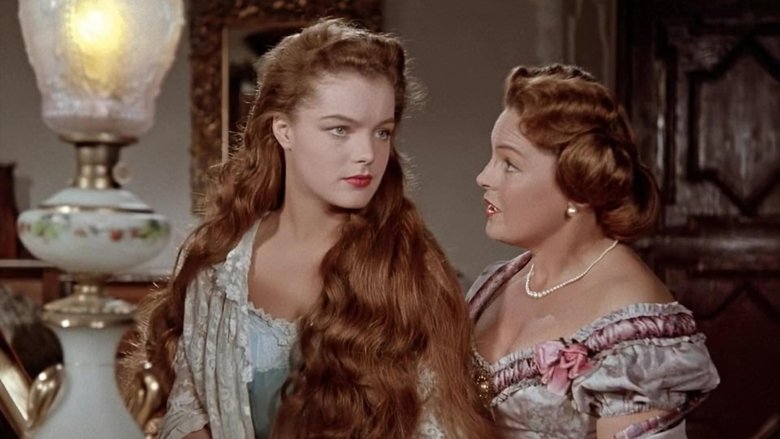
The young Bavarian princess Elisabeth, who all call Sissi, goes with her mother and older sister Néné to Austria where Néné will be wed to an emperor named Franz Joseph, Yet unexpectedly Franz runs into Sissi while out fishing and they fall in love.
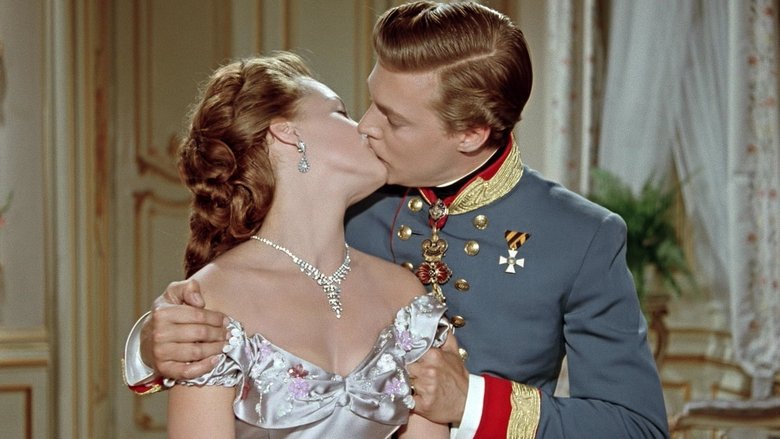
Sissi is now the empress of Austria and attempts to learn etiquette. While she is busy being empress she also has to deal with her difficult new mother-in-law, while the arch-duchess Sophie is trying to tell the emperor how to rule and also Sissi how to be a mother.
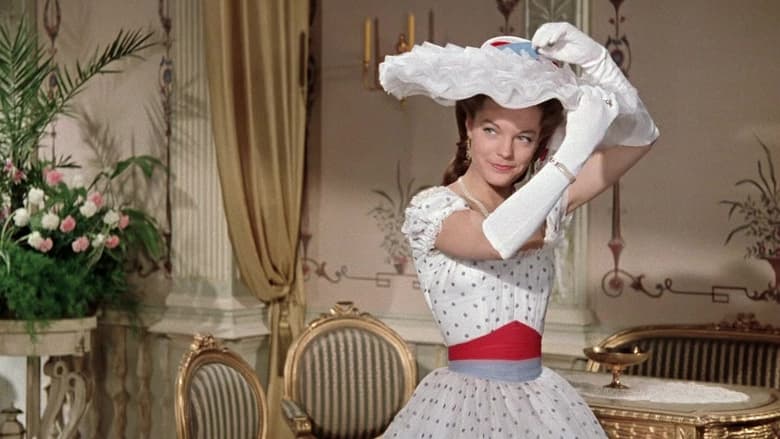
After a wonderful time in Hungary Sissi falls extremely ill and must retreat to a Mediterranean climate to rest. The young empress’ mother takes her from Austria to recover in Madeira.
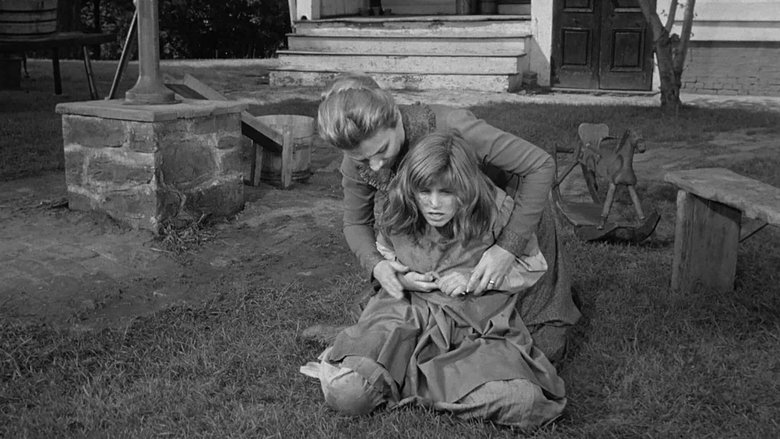
The true story of the frightening, lonely world of silence and darkness of 7-year-old Helen Keller who, since infancy, has never seen the sky, heard her mother's voice or expressed her innermost feelings. Then Annie Sullivan, a 20-year-old teacher from Boston, arrives. Having just recently regained her own sight, the no-nonsense Annie reaches out to Helen through the power of touch, the only tool they have in common, and leads her bold pupil on a miraculous journey from fear and isolation to happiness and light.
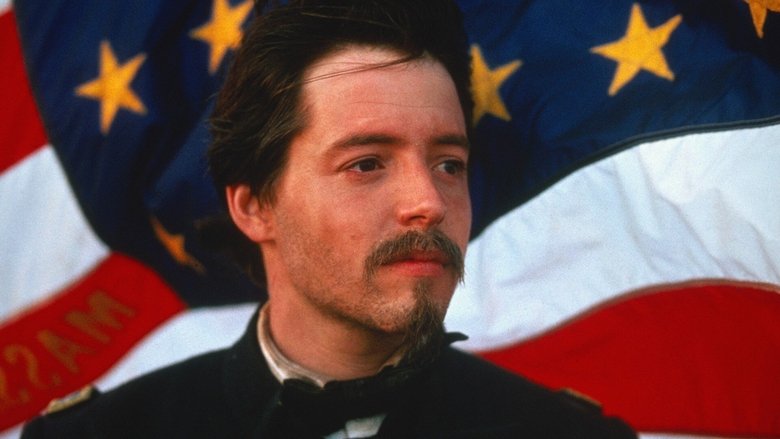
Robert Gould Shaw leads the US Civil War's first all-black volunteer company, fighting prejudices of both his own Union army and the Confederates.
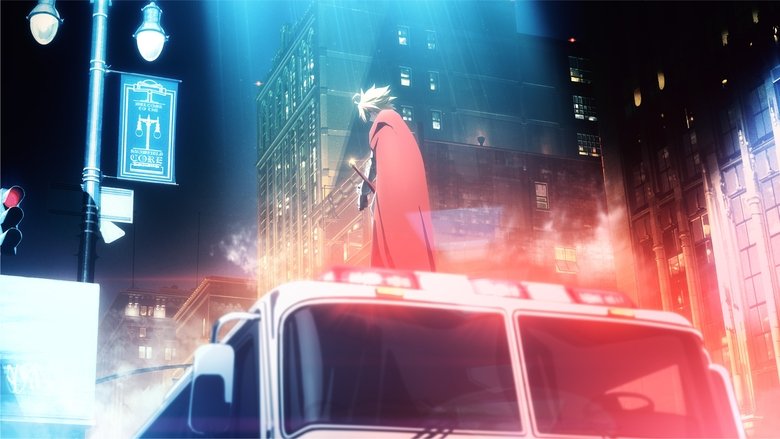
In a Holy Grail War, Mages (Masters) and their Heroic Spirits (Servants) fight for the control of the Holy Grail—an omnipotent wish-granting device said to fulfill any desire. Years have passed since the end of the Fifth Holy Grail War in Japan. Now, signs portend the emergence of a new Holy Grail in the western American city of Snowfield. Sure enough, Masters and Servants begin to gather... A missing Servant class... Impossible Servant summonings... A nation shrouded in secrecy... And a city created as a battleground. In the face of such irregularities, the Holy Grail War is twisted and driven into the depth of madness. Let the curtain rise on a masquerade of humans and heroes, made to dance upon the stage of a false Holy Grail.
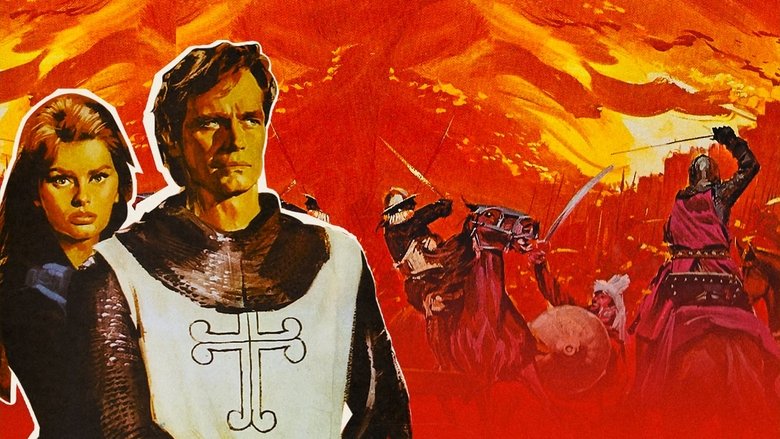
Epic film of the legendary Spanish hero, Rodrigo Diaz ("El Cid" to his followers), who, without compromising his strict sense of honour, still succeeds in taking the initiative and driving the Moors from Spain.
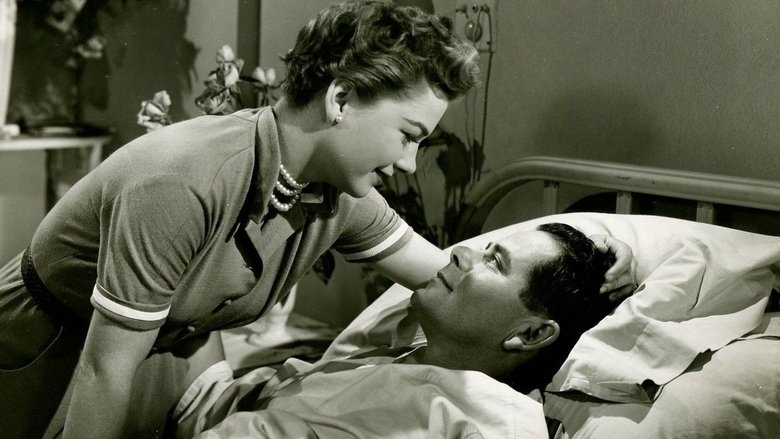
A biographical film of Ben Hogan, from his start as a golf caddy to being considered one of golf's greatest players.
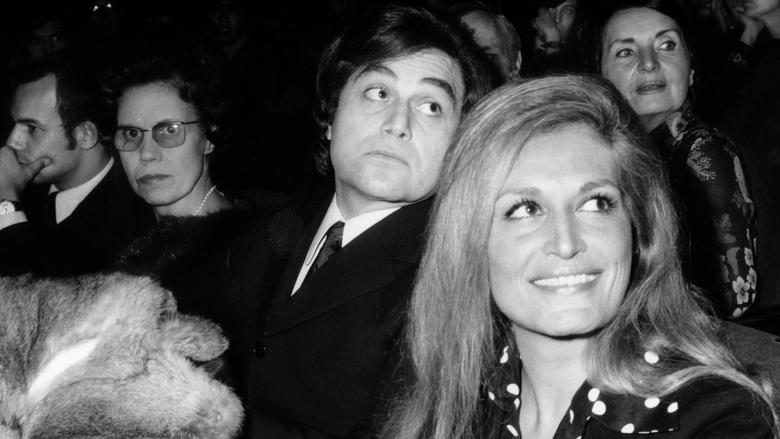
Dalida was an international star, selling over 140 million records in 10 languages. But behind her glittering career and dramatic and tragic personal life, was her ever supportive younger brother Orlando. The documentary sheds light on the professional and personal relationship between the music icon and her producer, between sister and brother.
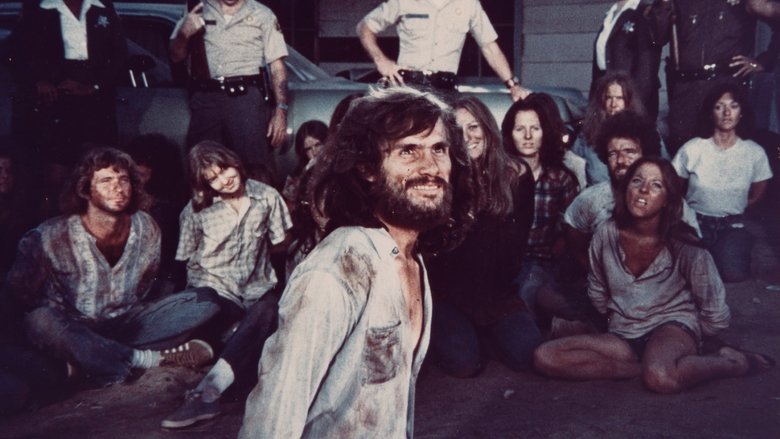
The investigation of two horrific mass murders leads to the capture and trial of the psychotic pseudo-hippie Charles Manson and his "family".
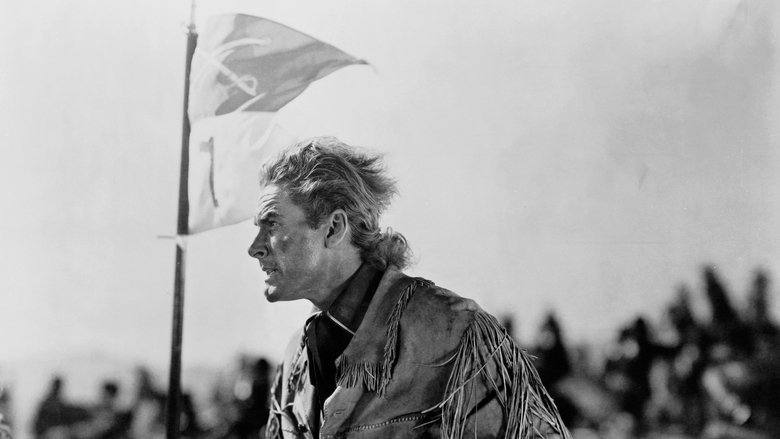
The story follows General George Armstrong Custer's adventures from his West Point days to his death. He defies orders during the Civil War, trains the 7th Cavalry, appeases Chief Crazy Horse and later engages in bloody battle with the Sioux nation.
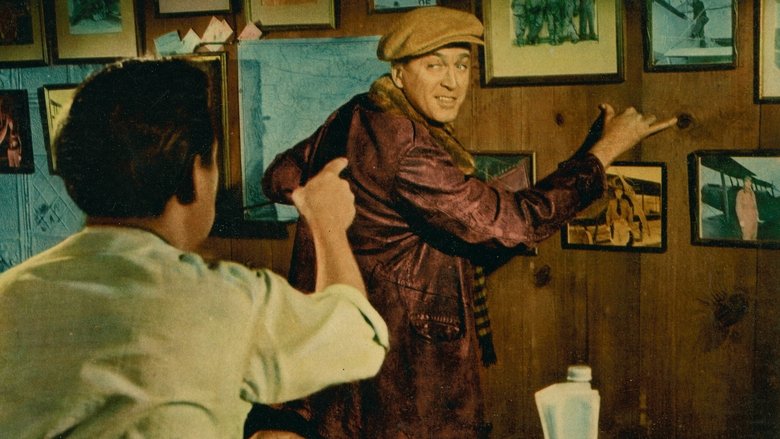
Charles Lindbergh struggles to finance and design an airplane that will make his 1927 New York to Paris flight the first solo trans-Atlantic crossing.
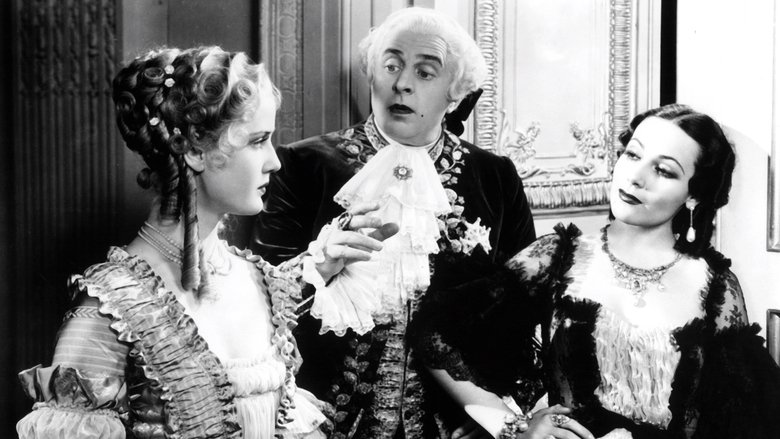
Brought to Versailles as the companion of courtier D'Aigullon, former street waif Madame du Barry charms her way into the heart of gouty King Louis XV.
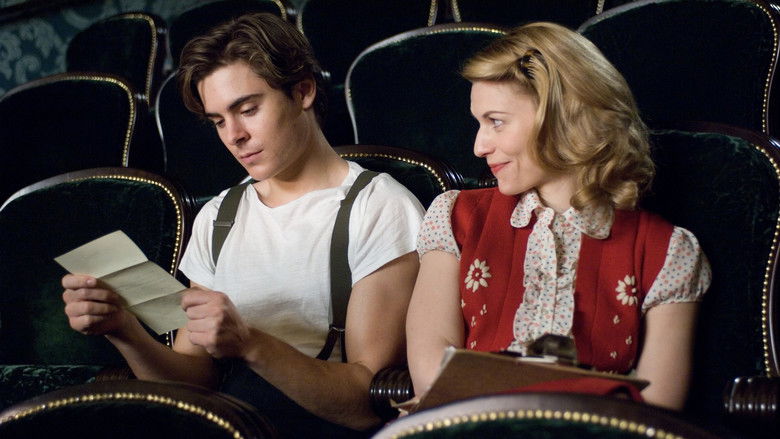
New York, 1937. A teenager hired to star in Orson Welles' production of Julius Caesar becomes attracted to a career-driven production assistant.
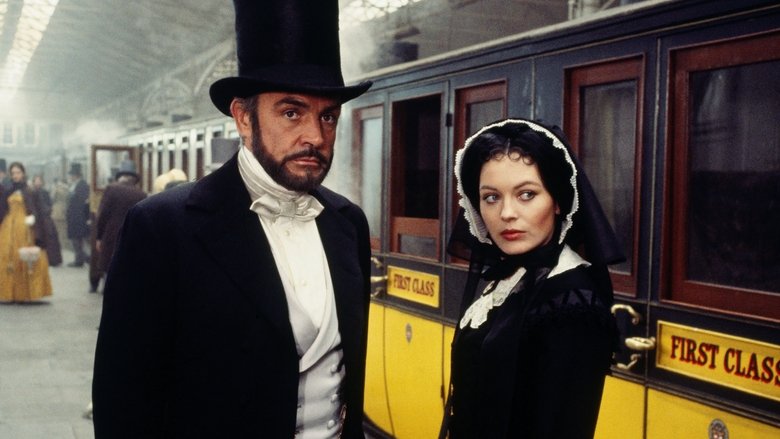
In Victorian England, a master criminal makes elaborate plans to steal a shipment of gold from a moving train.
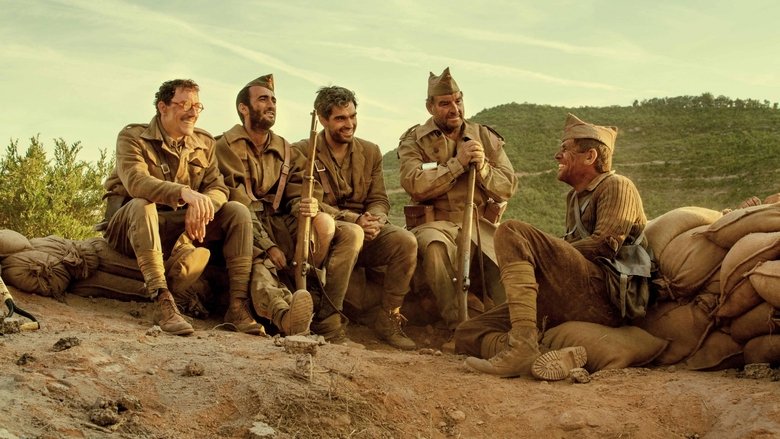
Spain, 1937. Ramón Mercader, a young communist combatant, is recruited and trained by the Soviet intelligence service to participate in a top secret mission ordered by the ruthless dictator Joseph Stalin: the assassination of his former political rival, Leon Trotsky, who is living in exile in Mexico.
This short follows the political career of Theodore Roosevelt, beginning in 1895, when he was appointed police commissioner of New York City. In 1897 he was appointed Assistant Secretary of the Navy. His charge up San Juan Hill during the Spanish-American War in 1898 is re-created. He becomes vice president in March 1901 and assumes the presidency when William McKinley is assassinated six months later. According to the narrator, Roosevelt refused to be beholden to political bosses, doing what he believed to be right for the American people.
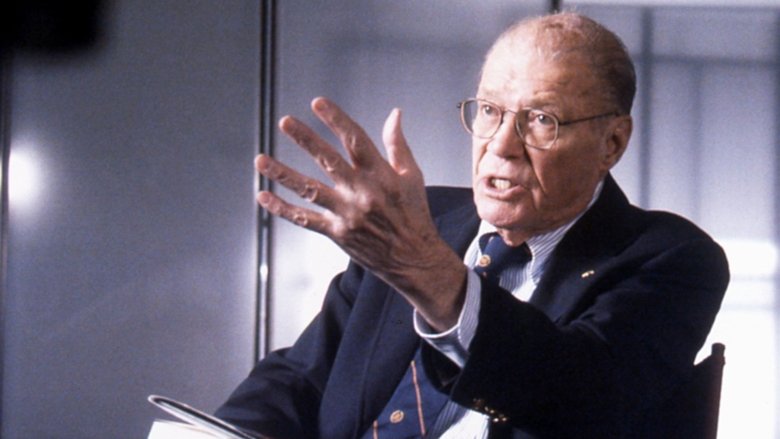
Using archival footage, cabinet conversation recordings, and an interview of the 85-year-old Robert McNamara, The Fog of War depicts his life, from working as a WWII whiz-kid military officer, to being the Ford Motor Company's president, to managing the Vietnam War as defense secretary for presidents Kennedy and Johnson.